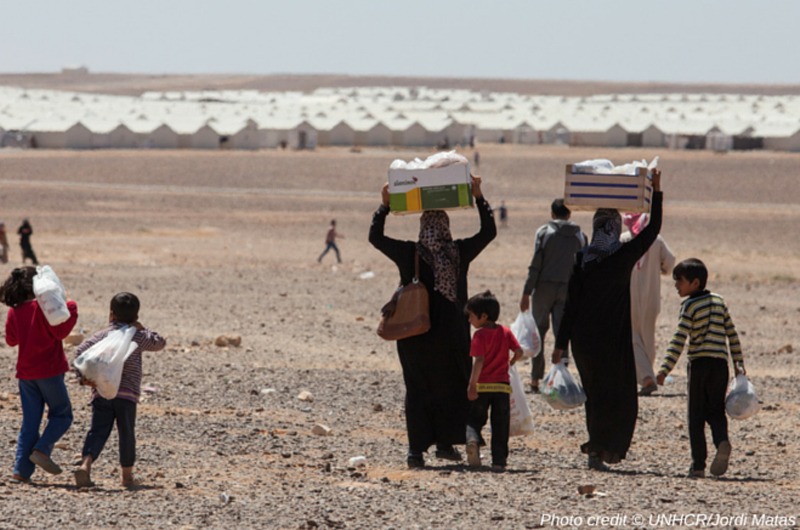South Asia, being a densely populated region, lacks health care infrastructure to combat the COVID-19 pandemic. The worst sufferers have been refugees. The governments and society have been indifferent to the peculiar needs of refugees including access to basic amenities and health care. The crackdown on civil liberties and discriminatory citizenship laws has exacerbated the matters for them.
In India, 1.9 million were rendered stateless leading to their socio-economic exclusion. They have even been deprived of their refugee status due to which they cannot access essential protections. In Bangladesh also, the movement of refugees who are living in poor conditions has been restricted, and there have been reports of extrajudicial killings of Rohingyas too. The practice of ‘untouchability’ has aggravated the circumstances for refugees.
Round 7,2000 North Waziristan refugees living in Afghanistan have been living without refugee status. As a result, they are denied vital services. Similarly, police brutality has increased against Pashtun and Bangladeshi refugees who have been living the country since several decades. The battle to seek citizenship often meets with a legal dead end. The schools and UNHCR help in Nepal will be shut down by the end of 2020.
The overall conditions of refugees in South Asia has never been in line with the guidelines set out by the UNHCR or international human rights laws however, the pandemic has legitimized the government response. The governments in South Asia have been citing lack of resources to fulfil the basic necessities of refugees. The little pubic support that refugees had in South Asia has also taken a backseat.
It is pertinent to mention here that the governments who are signatories to various international treaties and have reaffirmed their commitments to Universal Declaration of Human Rights cannot cite pandemic as a reason for denying refugees their rights. For example, article 2 of the Universal Declaration of Human Rights states that no person shall be discriminated on the basis of the country or territory to which the person belongs. Similarly, article 25 protects the right of health of all people under all circumstances.
In a similar vein, WHO recognizes the enjoyment of the highest attainable standard of health; one of the fundamental rights of every human being without distinction of race, religion, political belief, economic, or social condition. Although, most of the South Asian states are not signatories to 1951 UN Convention Related to the Status of Refugees but, articles 3 and 33 that emphasize on the principle of equality and non-expulsion of refugees have attained a customary status. Thus, states are under an obligation to not discriminate against them, to provide basic and vital services including adequate healthcare irrespective of a pandemic or any other emergency.
Under these circumstances,South Asian states must look after the needs of refugees, provide health care, access to legal services for resettlement, and immediately provide unhindered access to UNHCR and ratify all important treaties and conventions related to refugees.









